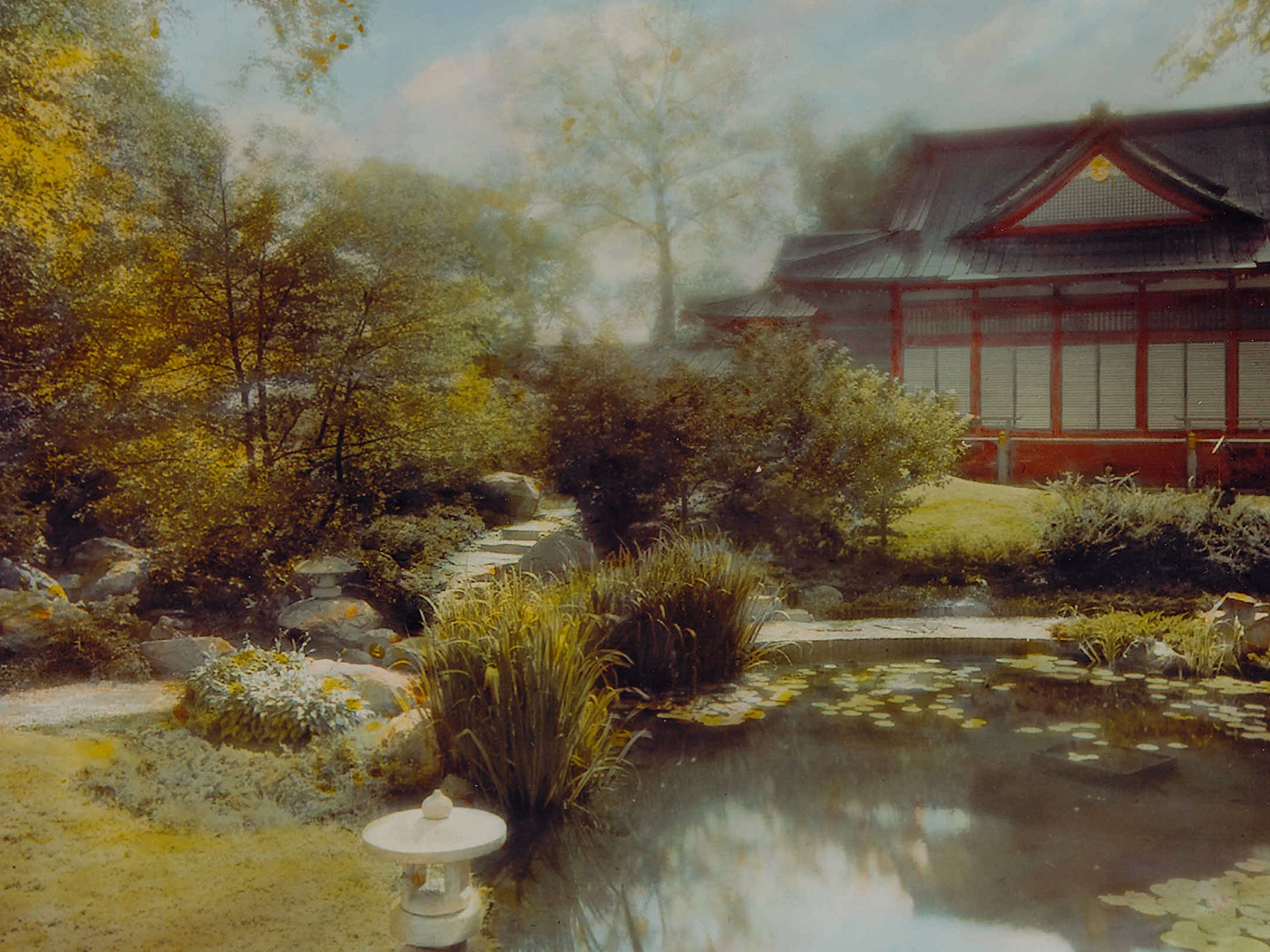Overview
Garden of the Phoenix’s boundary-pushing interactive experience
At our very core, we are storytellers and proud Chicago citizens. When Project 120, a public-private partnership to revitalize Chicago’s South Parks, came to us to help them tell the story of a relationship between two countries spanning more than 160 years, we jumped at the chance. The result was a digital timeline with a full library of robust historical content, including images, photographs, videos, and articles — a website that is truly a place of discovery and mutual understanding — like the Garden of the Phoenix itself.
The approach
Shining a light on Chicago’s culture and history
Project 120’s philosophy is that public parks should be a shared commonwealth that uplifts the community. Founded in 2013, they brought together an interdisciplinary team to develop improvements that respect, preserve, and renew the character of the parks as designed by landscape architect Frederick Law Olmstead. The latest efforts have focused on Garden of the Phoenix, a stunning pavilion representing Japan’s cultural introduction to the western world and that significantly influenced Frank Lloyd Wright’s Prairie Style.

An inspired narrative
As part of a larger effort to highlight the historical and cultural significance of Chicago’s South Parks and the critical importance of our city’s reinvestment there, this initiative represented an opportunity for our team to express a piece of Chicago’s history in a truly unique venue.
Bringing together various stakeholders
In addition to Project 120, our partners were the City of Chicago, the Chicago Park District, and a litany of community and corporate stakeholders to build support for the rich tapestry of stories at the heart of these parks. Through the generous support of OMRON, Project 120, and Robert Karr, we brought the vision to life.
A robust communications strategy
Through unique interactive experiences, social engagements, and fundraising initiatives spanning from Kickstarter campaigns to corporate outreach, we looked to inspire others to embrace the historical and cultural significance of Jackson Park and support the foundation and city’s efforts.

















